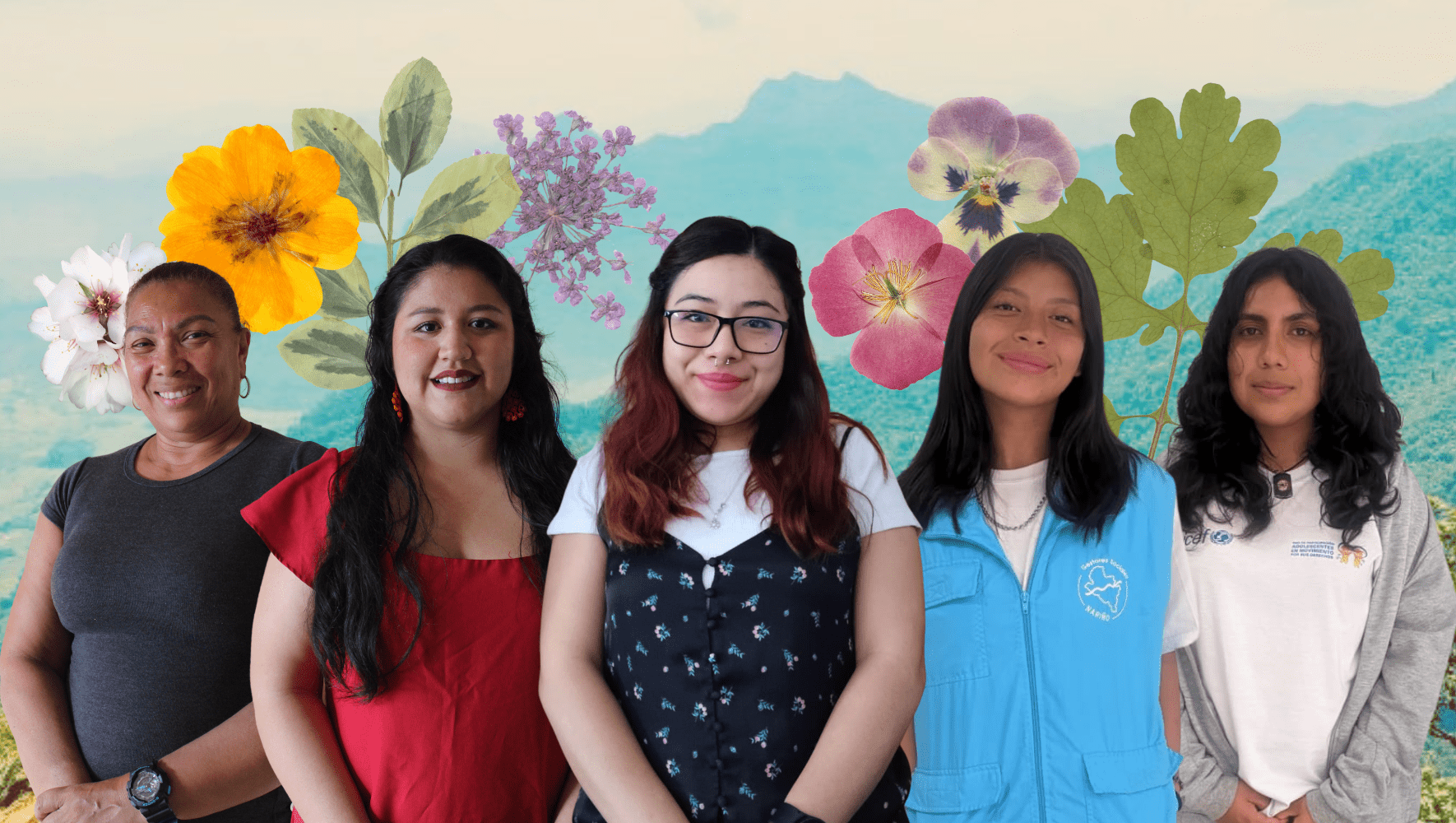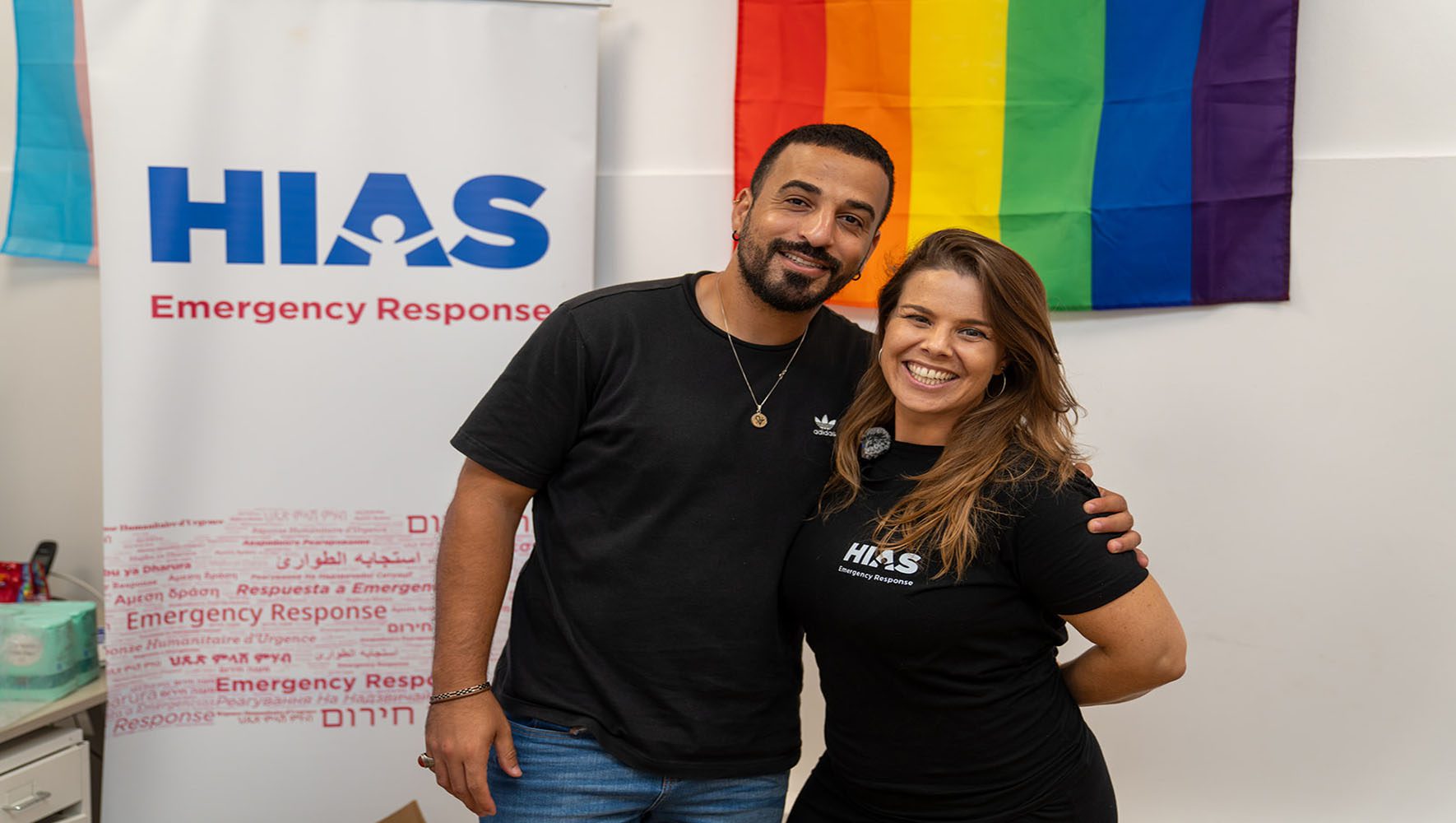New UNHCR Legal Guidelines Step Forward for LGBTI Refugees
By Rachel Levitan
Nov 27, 2013
This year’s historic election-day wins in Maryland, Maine, and Washington supporting gay marriage are emblematic of the dramatic strides that the U.S. has taken to recognize the social and legal rights of lesbian, gay, bisexual, transgender, and intersex (LGBTI) individuals. Parallel to this domestic progress, the US government has publicly supported the rights of sexual minorities internationally. In December, the White House released a presidential memo directing all agencies engaged abroad to “ensure that U.S. diplomacy and foreign assistance promote and protect the human rights of LGBT persons.” That same month, Secretary of State Hillary Clinton gave a landmark LGBT equality speech, declaring that “gay rights are human rights, and human rights are gay rights.” In September, Principle Deputy Assistant Secretary David Robinson of the State Department’s Bureau of Population, Refugees, and Migration gave a speech on LGBTI refugee protection at a HIAS symposium in Geneva.
Despite these developments, in some 76 countries around the world consensual same-sex relationships are criminalized. Five of those employ the death penalty, and many more severely stigmatize gender nonconformity. In these countries, sexual minorities are often rejected by family and community and face discrimination when they seek work, housing, education, and medical care. Countless are targeted for sexual and physical violence and receive little in the way of police protection. Most live “closeted” lives and many feel forced to flee home altogether.
HIAS has spent the last year researching the security concerns facing sexual minority refugees. Fernanda, one of the Colombian transwomen we interviewed in Ecuador, told us that she “came [to Ecuador] because there were pamphlets in the street saying that they were going to kill the gays.” Fleeing does not guarantee protection, however. Many sexual minority refugees told us that they continue to face violence and stigma in their host countries. Zachary, a 22 year old gay refugee now living in Ghana, described his frustration closeting his identity in Accra. Many Ghanaians, he explained, “are not people who will accept me for who I am… Living in this city is almost like I’ll be hiding my feelings and behavior for which I don’t want to hide for a longer time.”
The identity-based violence and discrimination faced by sexual minority refugees forces many into hiding. Most are too fearful to disclose their identities to their own communities and fail to see the benefit of self-identifying to refugee-assistance agencies. Few are aware that they can make an asylum claim based on sexual orientation or gender identity. Those who do file claims often face asylum officers who rely on stereotypes to determine whether they are credibly gay, transgender, or bisexual. Some applicants are asked to prove their sexual orientation in response to voyeuristic questions about their sex lives; others are presumed heterosexual because they were married, have children or otherwise conform to gender stereotypes.
In recent years, UNHCR has taken robust steps to increase the protection of sexual minority refugees, including by issuing legal guidance and practical tools for UNHCR field staff. In addition, Volker Turk, Director of the Division of International Protection, gave an historic speech on LGBTI refugees in September at a HIAS symposium in Geneva.
Following on these developments, in October, UNHCR issued new legal guidelines outlining considerations in the evaluation of refugee claims brought by LGBTI individuals. HIAS commends UNHCR on the publication of these highly relevant and much-needed guidelines, which provide valuable direction to governments, legal practitioners, decision makers, and the judiciary—as well as UNHCR staff—as they review the refugee claims of LGBTI asylum seekers.
HIAS is hopeful that these guidelines will not just sit on decision-makers’ bookshelves, but instead will be relied upon by judges and asylum officers around the world as they take steps to respectfully and appropriately evaluate refugee claims based on sexual orientation and gender identity. HIAS also encourages UNHCR and asylum authorities to train and retrain staff (with direct input from LGBTI advocates) and evaluate the impact of these valuable guidelines.



